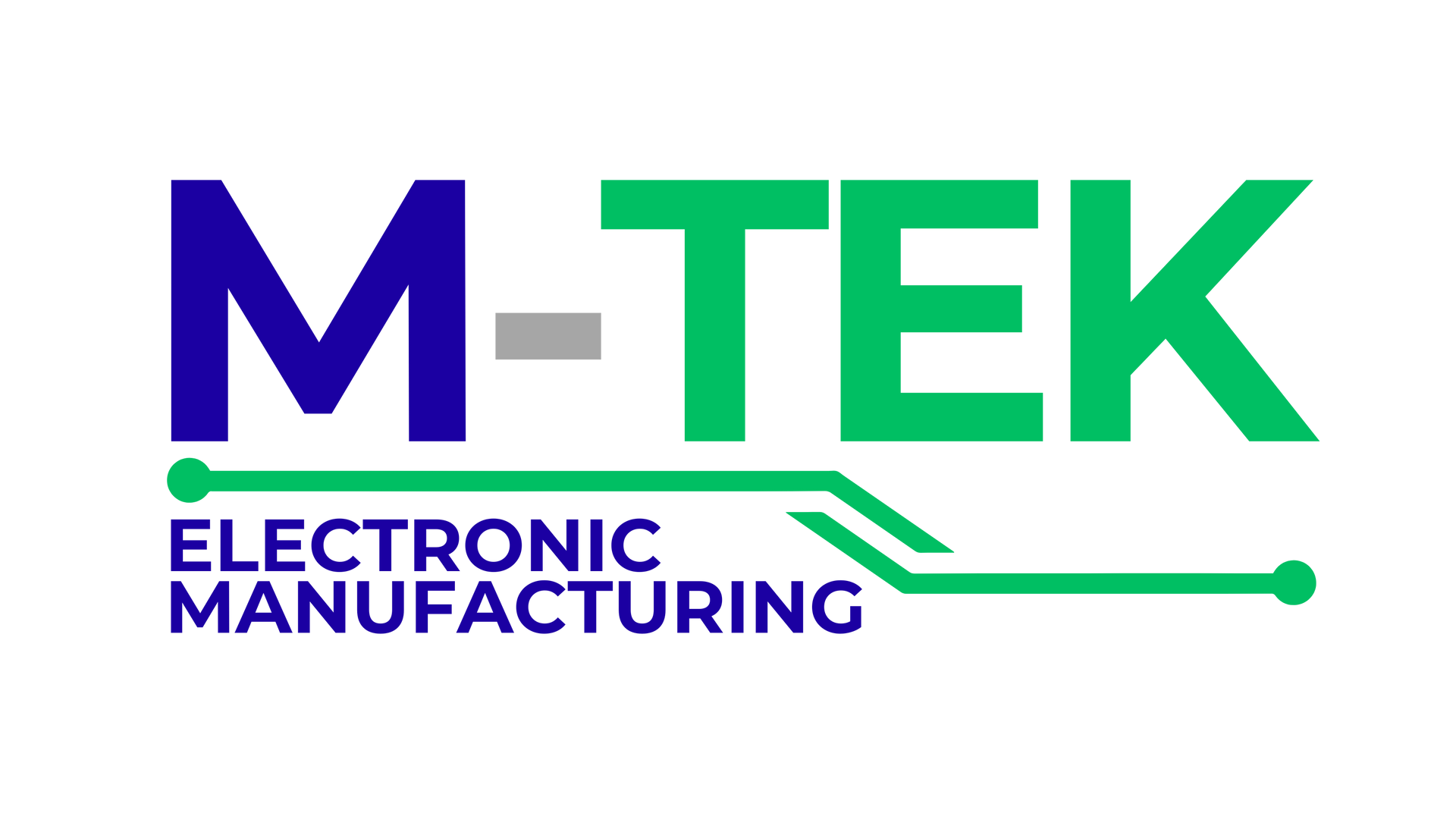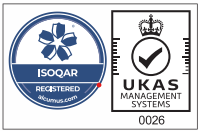
Material Requirements Planning (MRP) is a powerful tool that helps businesses efficiently manage their inventory, production, and supply chain processes.
While often associated with larger enterprises, implementing MRP in small businesses can also yield significant benefits.
However, there are unique challenges that small businesses face when adopting MRP systems.
In this article, we will explore these challenges and present practical solutions for successful MRP implementation in small businesses.
Limited Resources in Material Requirements Planning
One of the primary challenges faced by small businesses is limited resources, both in terms of budget and manpower.
Implementing an MRP system may require upfront investment in software, hardware, and employee training.
To overcome this challenge, small businesses can explore cost-effective MRP solutions tailored to their specific needs.
Cloud-based MRP systems and open-source software options can be more affordable alternatives that offer scalability and flexibility.
Lack of Expertise
Small businesses often lack in-house expertise and dedicated personnel for MRP implementation.
However, this challenge can be addressed by leveraging external resources. Hiring consultants or partnering with MRP implementation experts can provide valuable guidance and ensure a smooth transition.
Training programs, workshops, and online resources are also available to help employees understand MRP concepts and effectively utilise the system.
Data Accuracy and Integration
Accurate and up-to-date data is crucial for effective MRP implementation. Small businesses may struggle with data accuracy due to manual or disparate data sources.
Integrating MRP with existing systems, such as accounting for inventory management software, can help streamline data flow and improve accuracy.
Adopting automated data capture methods, such as barcoding or RFID, can also enhance data integrity and reduce manual errors.
Resistance to Change
Resistance to change is a common challenge when implementing any new system, and MRP is no exception.
Employees may resist adopting MRP due to fear of job displacement or unfamiliarity with the system.
To overcome this challenge, it is essential to involve employees from the early stages of implementation.
Communicating the benefits of MRP, providing training, and creating a supportive work environment can help alleviate resistance and foster employee buy-in.
Scalability and Flexibility
Small businesses often experience rapid growth or fluctuating demand, making scalability and flexibility critical factors for successful MRP implementation.
Choosing an MRP system that can accommodate growth and adapt to changing business needs is essential.
Cloud-based MRP solutions offer scalability, as businesses can easily adjust resource allocation based on demand.
Additionally, selecting an MRP system that provides customisation options can ensure flexibility to meet specific requirements.
Continuous Improvement
Implementing MRP is not a one-time event but an ongoing process. Small businesses need to embrace a culture of continuous improvement to optimise their MRP systems.
Regularly reviewing and analysing MRP data, monitoring key performance indicators (KPIs), and seeking feedback from employees and customers are vital steps toward enhancing MRP effectiveness.
Encouraging employee suggestions and incorporating their feedback can lead to further process optimisation.
Conclusion
Despite the challenges faced by small businesses, implementing Material Requirements Planning (MRP) can greatly improve inventory management, production efficiency, and overall business performance.
By addressing challenges such as limited resources, lack of expertise, data accuracy, resistance to change, scalability, and continuous improvement, small businesses can successfully implement MRP systems.
Embracing MRP technology can provide them with a competitive advantage, enabling growth, and ensuring sustainable success in today's dynamic business landscape.
M-Tek
At M-Tek Assembly we have decades of experience within the industry, especially in material requirements planning. We have achieved a
net-zero carbon footprint by using electric vehicles, and for every printed circuit board we build, we plant a tree. Contact one of our SMT and PCB assembly experts today for assistance. Call
01189 455377 or follow us on
Twitter to learn more about our products and services.





